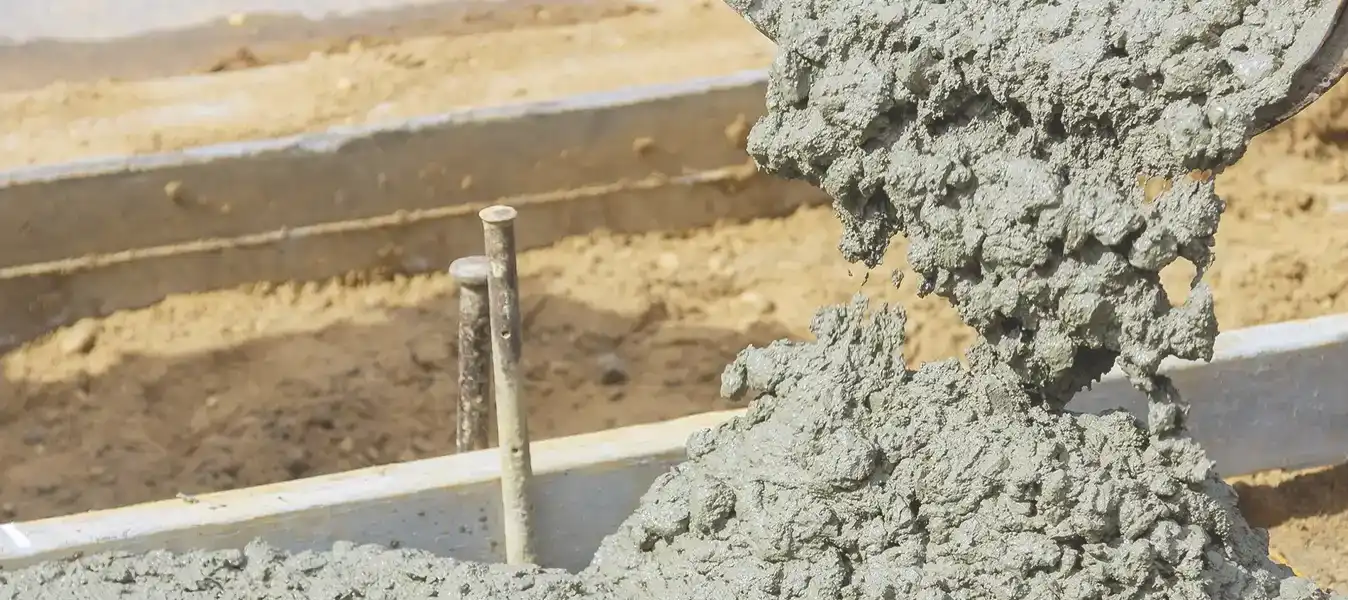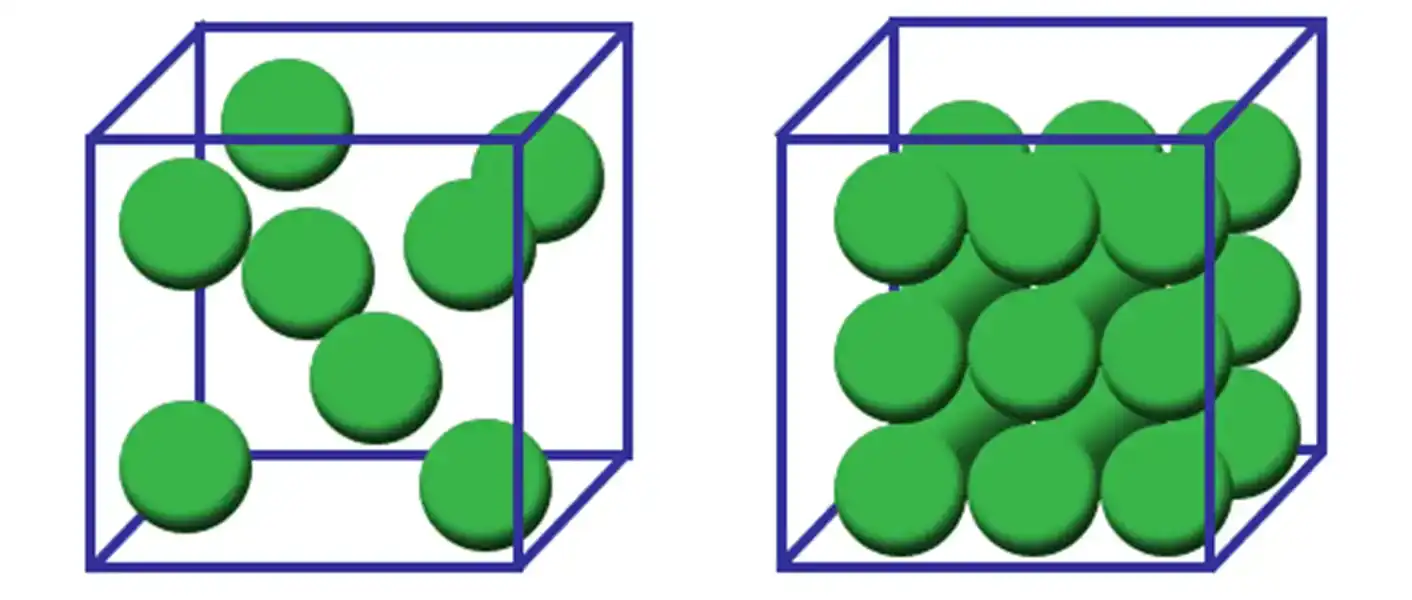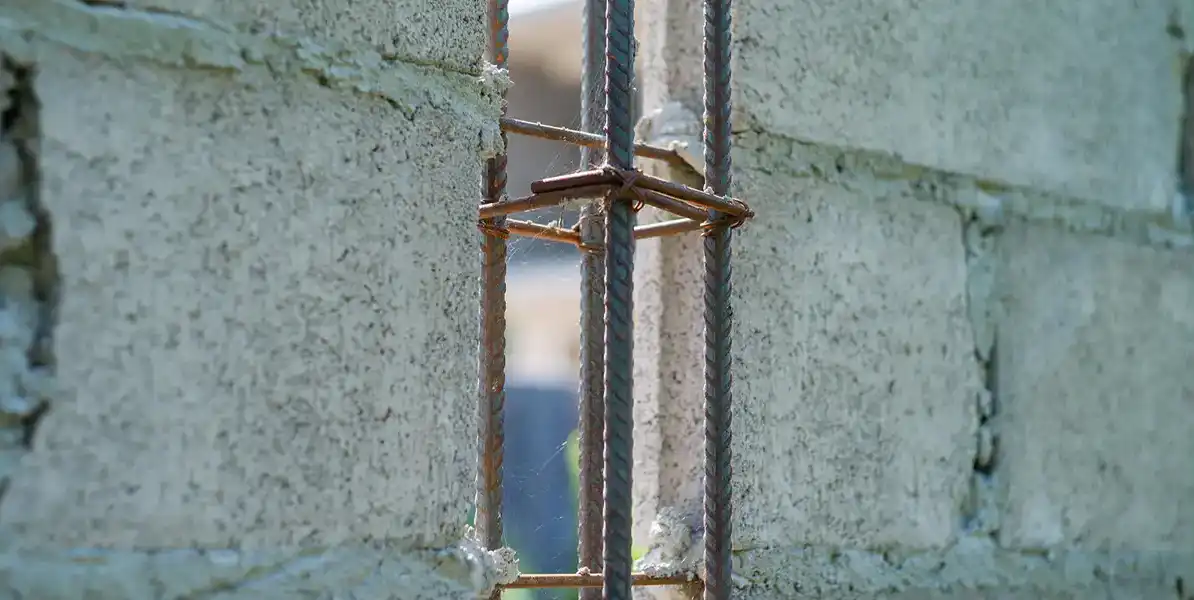
Have you ever wondered how large skyscrapers carrying a heavy load can sustain themselves without collapsing? That is because of the load-bearing capacity and strength of concrete blocks used in construction. Load bearing directly impacts the safety, stability, and durability of a building and ensures the safety of the residents in it. Hence, understanding the load-bearing capacity of concrete blocks used in construction and structural considerations is essential.
This article gives a deeper insight into the load-bearing capacity of concrete, one of the key construction elements.
What Is Concrete?

Concrete is a mixture of cement, aggregates like sand and gravel, and water. It can be moulded into different shapes and sizes, including concrete blocks that can be used for various applications.
Now that we know concrete, let us look into its load-bearing capacity.
What Is Load Bearing?

-
Load-bearing capacity, or load-carrying capacity, refers to the maximum weight or load a material or structure can support without experiencing the risk of failure or deformation.
-
In the case of concrete blocks, the load-bearing capacity can represent the ability of the blocks to withstand vertical loads.
-
The vertical weight of a building may include the weight of the building itself and any additional loads imposed on it, including occupants of the building, furniture, equipment, and environmental forces.
Certain factors become important in determining concrete blocks' strength and load-bearing capacities.
Factors Affecting The Compressive Strength of Concrete and Benefits of Using Concrete Blocks
Concrete is an essential construction material, and the compressive strength of the concrete refers to its ability to withhold heavy loads.
Here are some things that might make your concrete more resistant to load:
Concrete Mix Design:

-
The characteristics and properties of the material itself determine the composition of any material used in construction. We know that the load-bearing capacity is of paramount importance to the structural integrity of a building.
-
Higher-strength concrete mixes with appropriate water-cement ratios, fine aggregates, and good-quality cement lead to blocks with superior load-bearing properties.
-
Curing is also crucial for the concrete to attain its designed strength.
Block Density:

-
Blocks with higher density typically have better load-bearing capabilities, thus playing a crucial role in load-bearing and durability.
-
Higher density means they contain more compacted, compressed material, meaning less space between particles. These concrete blocks are generally suitable for the foundations of buildings.
Block Size and Shape:

-
The size of the concrete blocks plays a very important role in the load-bearing capacity of the concrete block and its sustainability as a load-bearing structure.
-
Larger and thicker blocks generally have higher capacities to bear heavier loads than smaller and thinner ones.
-
You can always make your choices after researching your project's needs. The dimensions of the blocks are designed according to their required functions to ensure structural stability and integrity.
Reinforcement:

-
Adding reinforcement elements, such as steel bars or mesh, within the concrete blocks enhances their load-bearing capacity, making them suitable for more significant structural applications.
-
Reinforced concrete blocks are commonly used in constructing load-bearing walls and columns in multi-story buildings.
Mortar Strength and Bond:

-
Mortar is an adhesive mixture of glue that holds the concrete blocks together. It ensures a strong bond between the blocks and covers up possible empty gaps between them while also increasing the volume of the structure.
-
The overall capacity of the concrete brick to bear heavy loads is highly dependent on the binding strength and composition of the mortar used. Proper and good-quality mortar selection and application must ensure a strong bond between the blocks and provide uniform load distribution.
Quality Control:

-
Before any construction material is sent out into the market for use, it is important to ensure that it can be safely utilised in construction.
-
Strict quality control measures such as Quality Assurance Tests (QA testing) involving compressive strength tests during manufacturing are essential to ensuring that each concrete block meets the required strength and density standards.
-
These tests are conducted on suitable and sizable product samples before releasing them to the market, ensuring that your project meets its needs without compromising on safety.
Now that we know about the factors that directly influence the load-bearing capacity of concrete, let us look into some other things to consider as we use concrete blocks for construction.
Things To Consider Before Using Concrete Blocks For Load-Bearing
Proper load distribution is the most crucial point to remember during construction, as proper load distribution prevents excessive stress on specific areas of the structure and ensures uniform bearing on the foundation. This reduces the risk of crack formation and keeps the structure's durability intact.
The foundation of the building must be designed such that it can bear to support the total weight of the structure, including that of the occupants in it and the structural weight of the elements used in construction. The foundation's bearing capacity must match or exceed the anticipated loads to prevent structural failure.
These days, it is not uncommon to see multi-story buildings where vertical reinforcement, such as reinforced concrete columns or steel columns, is incorporated to provide additional strength and stability to the structure. These reinforced concrete columns transfer loads from the upper levels to the foundation efficiently.
By now, we have a thorough understanding of why it is so important to choose the best-quality concrete blocks to meet the needs of your project.
Now, the question that arises is: how do I find the best supplier for my concrete blocks near me? Don't worry, we have an answer for you!
ALPHA CONCRETE BLOCKS ARE BEST SUITED FOR YOUR NEEDS
Alpha Concrete Blocks is one of the best concrete block manufacturers in Karnataka. We don't just sell; we demonstrate the quality and give free samples.
What we offer:
-
High Strength up to 15 MPA
-
Alpha concrete blocks absorb less than 50% of water
-
Curved edge on concrete blocks make installation easier.
-
Concrete Blocks are fire-resistant
Conclusion
A comprehensive understanding of load-bearing capacity and structural considerations empowers builders to construct the structure confidently, knowing that their buildings are engineered to withstand the test of time and provide occupants with a secure and comfortable living or working environment.
FAQ's
-
What is the load-bearing capacity of a concrete block?
Load-bearing capacity refers to the maximum weight or load a material or structure can support without experiencing the risk of failure or deformation.
-
Can concrete blocks be used for load-bearing walls?
Solid concrete blocks have a great load-bearing ability and can be used for a load-bearing wall.
-
What blocks to use for load-bearing walls?
Reinforced solid concrete blocks are used in building load-bearing walls to ease the blocks' ability to hold heavy weight.
-
How strong is a concrete block?
Different grades of concrete block have different compressive strengths, and thus, it is important to choose the one that best matches your requirements.